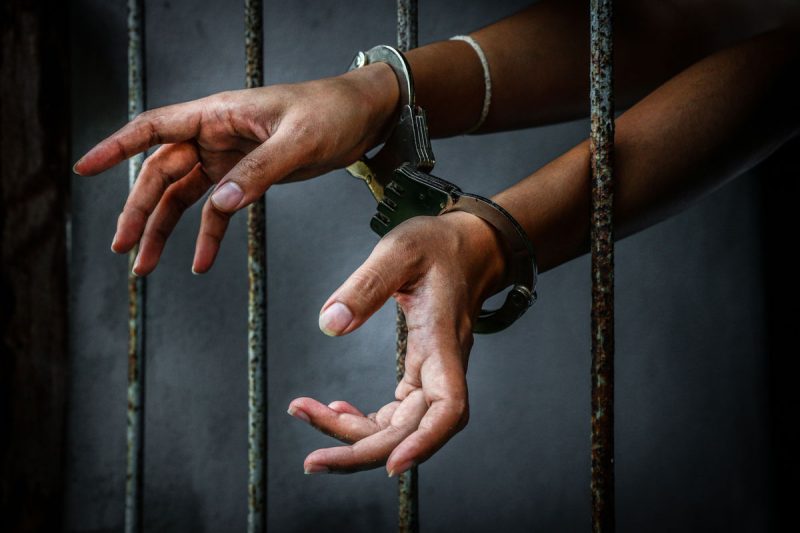Pursuing Partnership: The Blessed Alliance – Week 9


By Carolyn Custis James
This article is part of the series Pursuing Partnership: Men and Women in Ministry.
The Blessed Alliance
In the School of Rabbi Jesus
In October 2012 a masked Taliban gunman boarded a school bus transporting young Pakistani girls home from school. He demanded, “Who is Malala?” Then he shot 15-year-old Malala Yousafzai in the head.
Miraculously, Malala survived to continue her own education and her global fight to secure the right to education for girls. Not even a Taliban bullet could stop her. At 17, she became the youngest Nobel Peace Prize laureate for her courageous advocacy for girls’ education. In 2021 she graduated from Oxford University.
Then on May 8, 2021 it happened again. A terrorist bombing in Kabul, Afghanistan killed over 50 young school girls and severely injured dozens of others. It was a horrifying reminder that education for girls is still opposed and often unsafe in many countries. According to UNESCO, today over 132 million girls are not in school. NBC reporter Richard Engel spoke with a hospitalized 17-year-old girl survivor named Arifa who was as determined as she was frightened. “I will continue my education, even if I’m afraid,” she told him. She hopes one day to become a doctor.
We are not told how young or old Mary of Bethany was when the thirst for education overwhelmed her. Nor are we told how she managed to escape kitchen duties. We only know that Rabbi Jesus and his disciples were guests in her sister Martha’s home and that Martha was not at all pleased to discover she was working alone to feed this hungry gathering. Yet, instead of helping, Mary “sat the Lord’s feet listening to what he said.”
Rabbi Jesus was an educator (that’s what Rabbis do). People often addressed him as “teacher.” Describing a person as “sitting at the feet of a rabbi”—Mary in this case— identifies them as a rabbinical student. The Apostle Paul used the same language to describe his theological training under the esteemed Rabbi Gamaliel. Paul’s education in Jewish law was “at the feet of Gamaliel.” Paul too was a rabbinical student.
So for starters, this narrative underscores the importance—indeed the urgency—of educating girls. Jesus makes the point by juxtaposing what Mary is doing with domestic responsibilities that typically fall on women’s shoulders. Yet anyone who knew Jesus at the time would also know that as counter-cultural as it was to teach women, Mary wasn’t Jesus’ first female student. In fact, anyone reading through Luke’s gospel would have learned earlier that Rabbi Jesus was already teaching women. As Luke writes,
That as Jesus traveled “from one town and village to another, proclaiming the good news of the kingdom of God, the Twelve were with him, and also some women who had been cured of evil spirits and diseases: Mary (called Magdalene) from whom seven demons had come out; Joanna the wife of Chuza, the manager of Herod’s household; Susanna; and many others. These women were helping to support them out of their own means.” (Luke 8:1-3, emphasis added)
From the beginning of his ministry, Jesus’ disciples included women who traveled with him and his male disciples. So for Jesus, educating women—specifically educating women theologically—was not an issue, as his defense of Mary demonstrates, as do the deep theological conversations he engages with other women in the gospels.
What happens in the exchange between Rabbi Jesus and Martha takes things to a much deeper level of importance. Considering the pressure of preparing dinner for a house full of important guests, it’s hard to fault Martha for complaining. She insists that Jesus send Mary back to the kitchen where she belongs. Surprisingly Jesus uses her complaint to make the point—not that Mary is in the wrong place at the moment, but that Martha is.
Next week we will look further into this stunning reversal of expectations, and through it, consider what Jesus is saying to his sons and daughters about the Blessed Alliance.
This article is submitted by Wendy Wilson of Missio Nexus and of Women’s Development Track. Women’s Development Track is a Missio Nexus member. Member organizations can provide content to the Missio Nexus website. See how by clicking here.



Responses